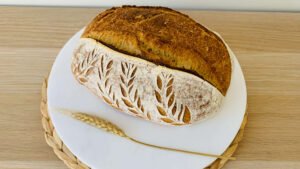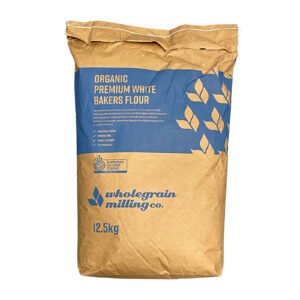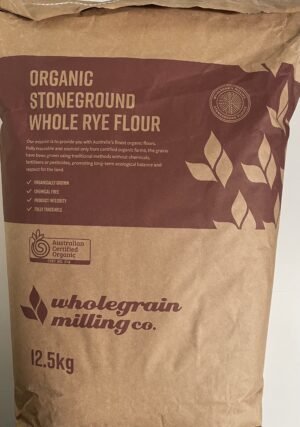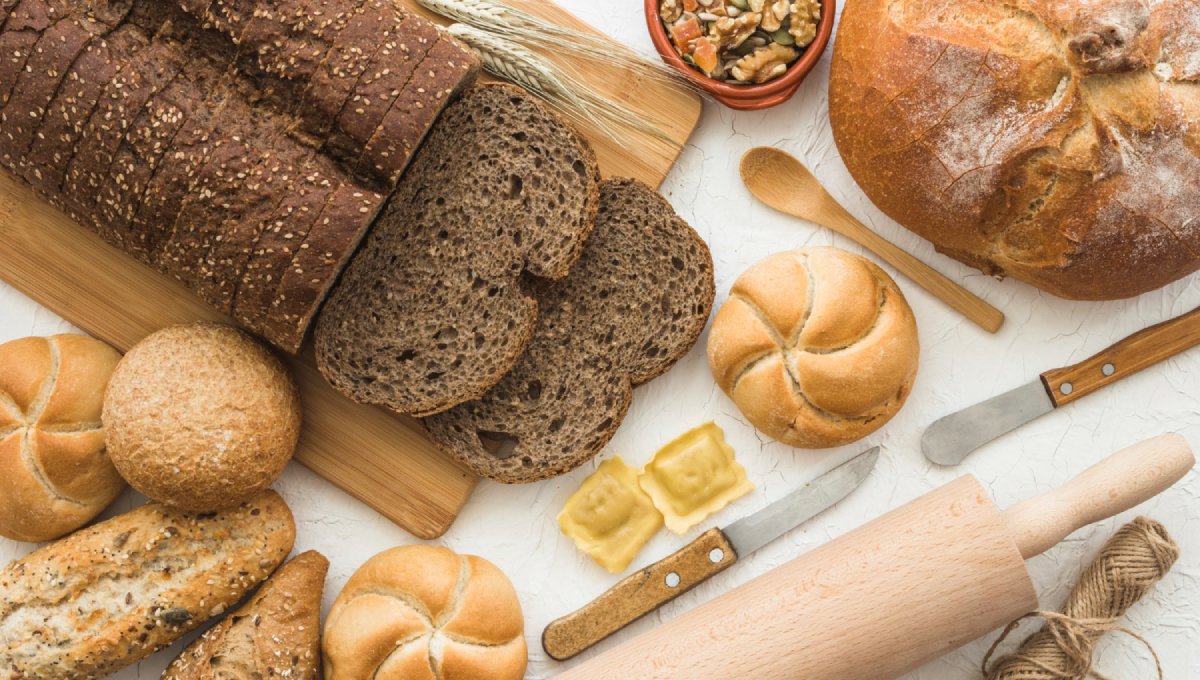Sourdough for beginners can seem daunting, but I’m here to guide you through some essential tips and tricks that will make your baking journey enjoyable and successful.
As a fellow baking enthusiast, I understand the challenges and joys that come with creating that perfect loaf of sourdough bread.
Benefits and Advantages of Using Organic Sourdough in Homemade Pizzas.
Table of Content
Understanding Your Starter
The heart of sourdough for beginners lies in understanding your starter. Your starter is a living culture that needs regular feeding and care. To keep it healthy, feed it with equal parts flour and water every day if it’s at room temperature, or once a week if refrigerated. A well-maintained starter is crucial for successful sourdough baking.
It’s the source of all the natural yeasts and bacteria that will make your bread rise and give it that characteristic sourdough tang. Pay attention to its smell and texture – it should have a pleasant, slightly sour aroma and a consistency similar to thick pancake batter.
The Importance of Hydration
Hydration plays a pivotal role in sourdough for beginners. The hydration level of your dough, which is the ratio of water to flour, significantly affects the bread’s texture. A higher hydration results in a more open crumb and a lighter texture, but it can be more challenging to handle.
Start with a lower hydration dough, around 60-70%, to make the handling and shaping more manageable. As you gain confidence and experience, you can experiment with higher hydration levels to achieve different textures and flavors.
Patience and Temperature
Lastly, patience is key in sourdough for beginners. Sourdough bread making is not a quick process; it requires time for fermentation, proofing, and baking. Don’t rush the process.
Allow your dough to ferment and proof fully, which can take several hours, depending on the room temperature. Speaking of temperature, it significantly impacts the fermentation rate. Warmer temperatures speed up fermentation, while cooler temperatures slow it down.
Find a spot in your home where the temperature is consistent, and be mindful of how seasonal changes might affect your baking process.
Sourdough for beginners is a rewarding journey. Each loaf you bake will teach you something new. Remember, sourdough baking is as much an art as it is a science.
With these tips and tricks in mind, you’re well on your way to baking beautiful, delicious sourdough bread. Happy baking!






